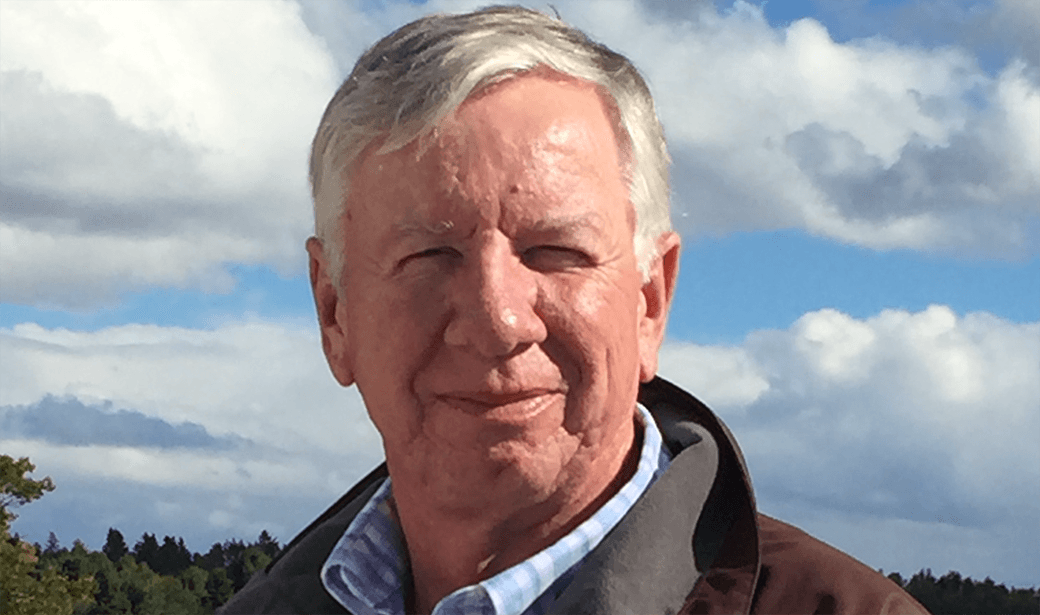With a career spent largely outdoors, Robert Pickering, 60, had grown tired of his daily struggle with glasses. A cattle farmer based about 30 miles south of Jefferson City, Pickering spends his days on the move — he’s in and out of the field, on and off machinery, and the continual search for reading glasses he found necessary for his day-to-day work was getting to be too much.
“It’s not a good, easy place to always be looking for glasses,” Pickering says of his work on the farm. “When it got to that point, that’s when I started looking into PRK.”
Similar to LASIK, PRK is a type of laser eye surgery that corrects refractive errors in the lens of the eye, including nearsightedness (myopia), farsightedness (hyperopia) and astigmatism. It’s a procedure requiring a skilled and steady hand, and Pickering was careful to do his research before picking a surgeon. After checking out three different doctors, he chose Frederick Fraunfelder, MD, ophthalmologist at MU Health Care’s Mason Eye Clinic.
“Dr. Fraunfelder gave me the most confidence in his skills,” Pickering says. “That’s why I chose him. And I can say now that I believe he’s very good at his job.”
One close, one far
Because Pickering needed glasses both for reading and distance (myopia and hyperopia), Dr. Fraunfelder suggested he consider PRK to correct one eye for close vision and one for far.
“I’d never done that before,” Pickering says of trying a different corrective lens for each eye. “But they gave me contacts to wear for five days that did exactly that to make sure my brain adjusted to whichever eye needed to focus on what I was looking at. It was amazing how quickly I adjusted.”
From there, the process moved quickly.
“I took the contacts out, and 10 days later Dr. Fraunfelder did the surgery,” Pickering says.
Although his eyes were uncomfortable for the first few days following surgery, Pickering says every day he saw more and more improvement. Now, he says it’s almost hard to remember life before.
“Before when my cellphone would ring, it was anyone’s guess who was calling,” he says with a laugh. “I couldn’t read the screen — maybe I could make out a few letters. Now, it’s super clear. With the close eye, I can read any place I want to, and with the distance eye, everything’s brighter and sharper.
“You don’t even realize how much you’re reading throughout the day — in the car, road signs, menus,” he continues. “I’m just happy as can be I did it. It’s made my life so much easier.”



